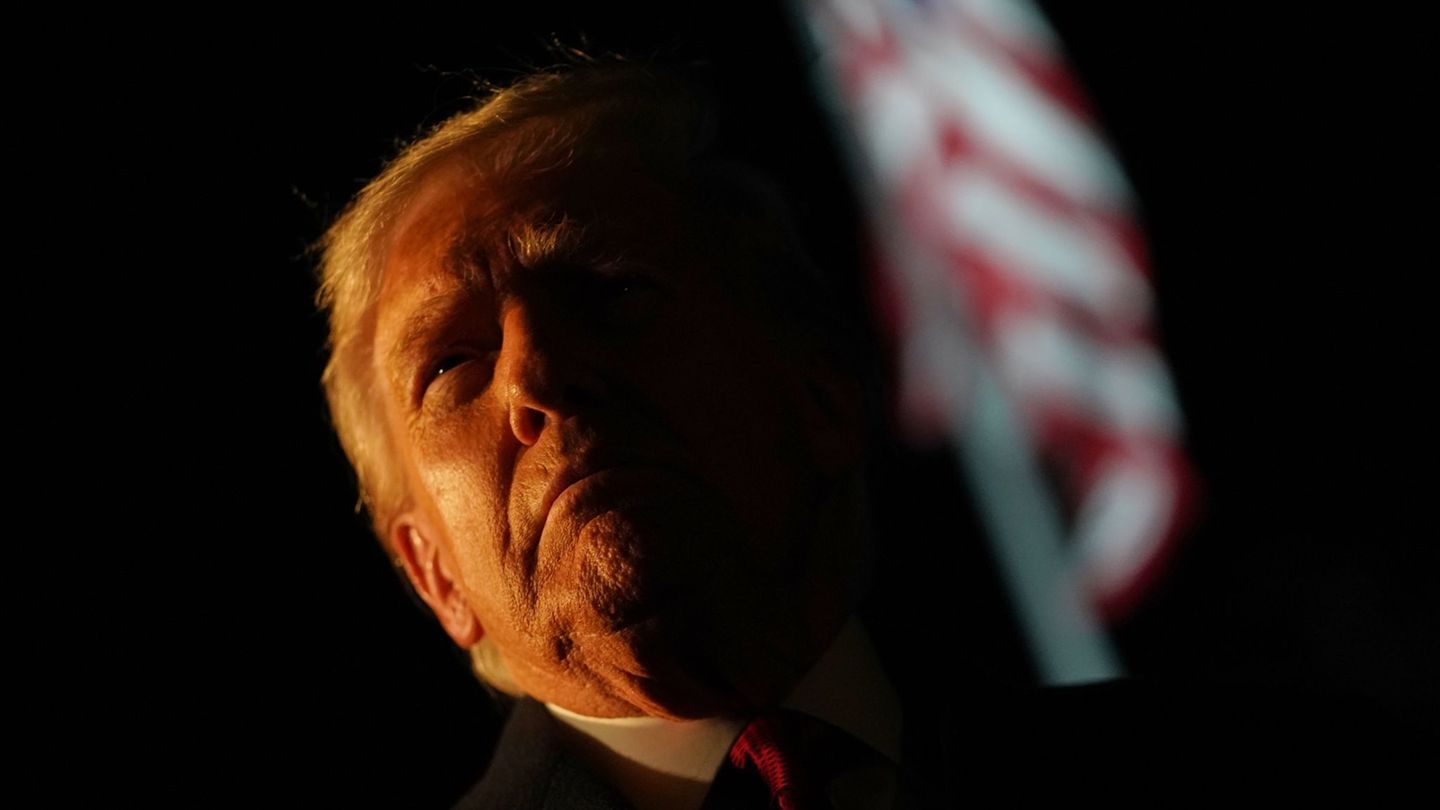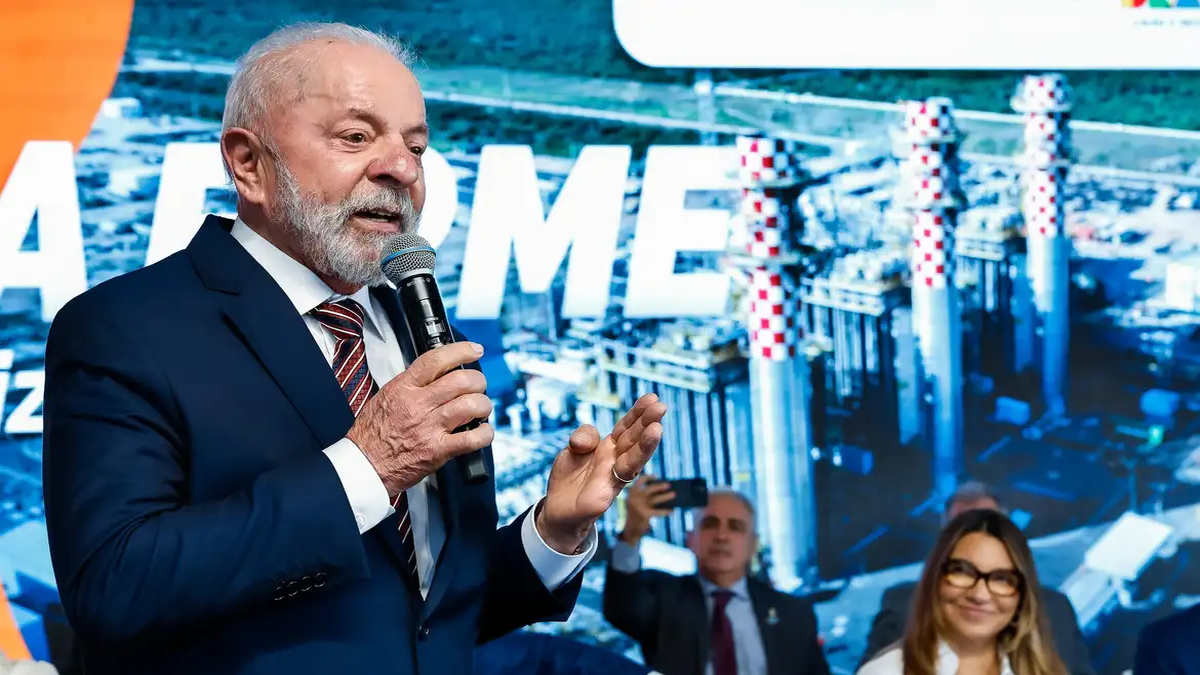At its press conference at the start of the year on Wednesday morning, the Federation of Austrian Industries (IV) of Upper Austria called for a “return to structural policy improvements for the location” and an “end of the funding watering can after three years of crisis-related subsidy policy”. According to IV President Stefan Pierer, the focus should now be on competitiveness and sustainable financial policy decisions.
According to Pierer, 2023 will be a “still very challenging” year. The geopolitical situation is more uncertain than it has been for a long time, the smallest changes, especially with regard to the Ukraine conflict, could have major effects and would limit the ability of companies to plan. However, the pessimistic assessments from last year did not materialize, which is also due to the adaptability of the industry, according to Pierer. With the IV, the hope that 2023 “could be an average year again” predominates, not least because of the Covid openings in China.
Labor shortage remains the dominant issue
If European energy prices remain at such a high level compared to Asia and North America, there will “inevitably” be migration, according to Pierer. The labor shortage will also be the dominant issue in 2023 with currently 220,000 vacancies across Austria. Pierer referred to the IV proposals to make work at the standard retirement age more attractive (tax concessions) and lower overtime taxation (20 overtime hours tax-free).
In addition, the IV presented a catalog of measures to increase the competitiveness of Upper Austria as an industrial location. This includes, among other things, the demand for faster digitization in the public sector and initiatives to promote technical and scientific teaching content in schools.
The energy transition must not be a competitive disadvantage
For IV managing director Joachim Haindl-Grutsch, looking back, the year 2022 was an “unexpected crash course in energy competence” for some. Due to full gas storage and the mild winter, however, this competence is currently falling again. According to Haindl-Grutsch, energy policy in recent years has been “driven by ideology and far removed from economic realities”. The turn to renewable energies after turning away from Russian gas must not lead to a competitive disadvantage for the location, and must be implemented in such a way that it becomes an opportunity for domestic companies.
more from economy
Price increase for pellets was stronger than for heating oil
Drones, cars, medicine: testing will soon be faster
“If construction weakens, all other sectors have a problem”
Doppler buys company for fuel import from Italy
p.fellinger@nachrichten.at
My themes
For your saved topics
found new items.
info By clicking on the icon you add the keyword to your topics.
info
Click on the icon to open your “My Topics” page. They have of 15 tags saved and would have to remove tags.
info By clicking on the icon you remove the keyword from your topics.
Add the theme to your themes.
Source: Nachrichten




